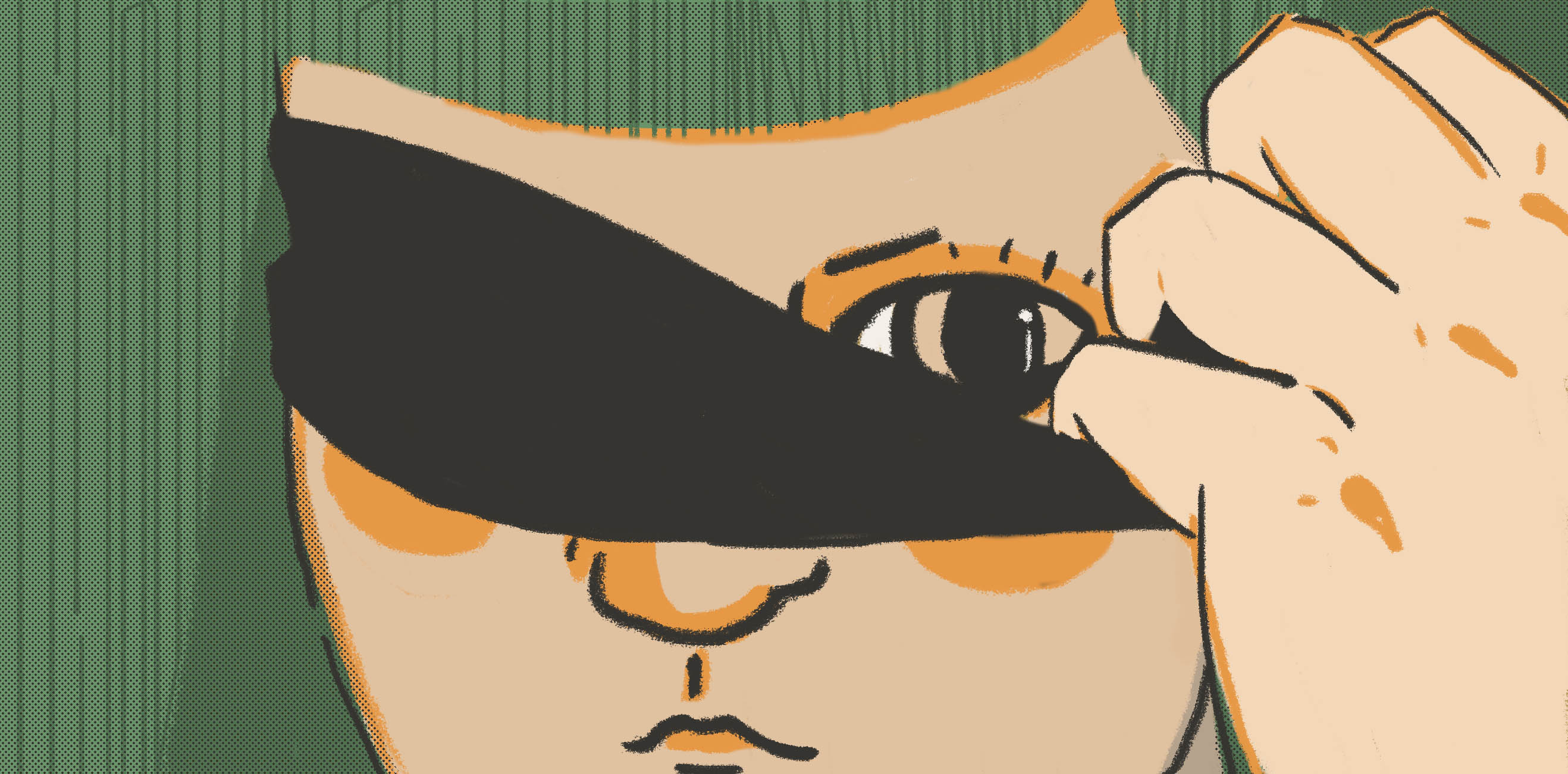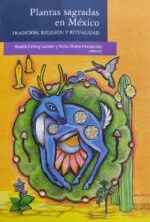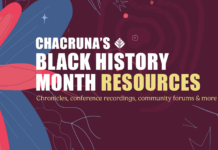- Tools for White People to Dismantle White Racism - March 27, 2019
- A Collective Open Apology for Response to Racist Language in the Women and Psychedelics Forum - December 3, 2018
white privilege and white supremacy continue to shape psychedelic communities
During the Women and Psychedelics Forum, sponsored by the Chacruna Institute, a white woman panelist twice used the “n-word” while answering a question about white women’s racism from the public, and none of the white women in the panel challenged the use of this racist term in the moment. This harmful moment exemplified the ways that white privilege and white supremacy continue to shape psychedelic communities, and powerfully illustrated the ongoing need for white people to show up for anti-racism work so that we can actively strive to do better in the future.
resources that can help white people cultivate antiracism and challenge white supremacy
In that spirit, and as one small part of doing that work, I wanted to provide some resources that can help white people cultivate antiracism and challenge white supremacy. This work must be done with other white people to make sure people of color are not asked to do this exhausting and, for them, traumatizing work; and it must also be done in dialogue with, and accountable to, communities of color to challenge the inevitable blind spots of white privilege within white communities.
This set of resources is a call-in to white people to work within white communities to cultivate anti-racism
To that end, here are two sets of resources: One set is drawn from Critical Whiteness Studies by white authors focused on helping white people unpack white privilege and white supremacy. This set of resources is a call-in to white people to work within white communities to cultivate anti-racism. The other set offers critical voices from authors of color from Critical Race Studies more broadly, which highlight the ways that people of color view and experience white supremacy and that offer guidance for white anti-racist practices.
Critical Whiteness Studies: White Authors Cultivating Anti-Racism for White Communities
DiAngelo, R. J. (2018). White fragility: Why it’s so hard for White people to talk about racism. Boston, MA: Beacon Press.
Robin DiAnagelo is a former professor of multicultural education who focuses on white racism and social justice and who now serves as a consultant and trainer on racial and social justice. She is best known for coining the term “white fragility,” which she explores in her influential book, White fragility: Why it’s so hard for White people to talk about racism. Drawing on her own whiteness and her anti-racism trainings for white people, she explains how white people internalize white privilege and perpetuate white supremacy. It also serves as a useful guide for how white people can begin to dismantle their collusion and learn anti-racist practices.
She also provides trainings for any community that wants to come together for formal anti-racism training here.
Video of a 20-minute TED talk where she summarizes some of her key ideas
Rothenberg, P. (2002) White Privilege: Essential Readings on the Other Side of Racism. New York City, NY: Worth Publishers
Paula Rothenberg is Senior Fellow at The Murphy Institute, CUNY, and former professor of philosophy and women’s studies. The anthology, White privilege: Essential readings on the other side of racism, which she edited, was an early influential text in critical whiteness studies, focused on white privilege and white racism. This included white scholars, such as Rothenberg, examining their own internalized racism and white privilege and working to find ways for white people to challenge white supremacy in their own lives and communities. This anthology includes chapters by both white people and people of color, and it covers a wide range of angles on white privilege.
Book in Amazon here
This book also contains the now widely-cited article by Peggy McIntosh, “White privilege: Unpacking the invisible knapsack,” which helpfully defines white privilege. Both versions of her influential paper can be found here.
Daniels, J. (1997). White lies: Race, class and gender and sexuality in white supremacist discourse. New York City, NY: Routledge
Jessie Daniels is a sociologist who serves as Associate Professor in Urban Public Health at Hunter College, City University of New York. She is known for her scholarship on white racism and, in particular, media racism. One of her main books, White lies: Race, class, gender and sexuality in white supremacist discourse, analyzes white supremacists, including the role of white women in this history.
Her author website here
In addition to her academic books, she also frequently writes for the Huffington Post and other media sites offering analysis of contemporary issues of racism.
She recently published an article on the Huffington Post that helpfully highlights the long and problematic history of white women’s racism and collusion with white supremacy.
Video interview with Daniels describing her work on white supremacy as a white woman
Critical Race Scholarship & Black Feminisms: Authors of Color on White Privilege & White Supremacy
Lorde, A. (1984). Sister outsider: Essays & speeches. Berkeley, CA: Crossing Press.
Audre Lorde is one of the most beloved and canonical queer black feminist scholar-activists. Her famous book, Sister outsider: Essays and speeches, includes some of her most influential writing. This book includes two essays where she articulates the hurtfulness and damages of white feminism, a conversation she opened within feminist organizations in the late 1970s. Her articulation, sadly, still resonates today within feminist spaces dominated by white women.
Here are two of her pieces which historically situate this problem:
“An open letter to Mary Daly” (1979)
“The Uses of Anger: Women Responding to Racism” (1981)
Video tribute chronicling her ideas and her work including some radio interviews.
Cooper, B. (2018). Eloquent rage: A Black feminist discovers her superpower. New York City, NY: St. Martin’s Press
As a more contemporary example, Brittney Cooper is an associate professor of women’s and gender studies and Africana studies at Rutgers University. She is well known as one of the founders of the Crunk Feminist Collective, which showcases intersectional black feminist scholarship and activism. Her new book, Eloquent rage: A black feminist discovers her superpower, provides a first-person exploration of her experience as a black woman and black feminist. Particularly useful for this set of conversations, she has two chapters on her relationship with white women and white women’s racism, including “Strong female leadership” and “White girl tears.”
Author Website here.
Crunk Feminist Collective (Blog)
Video interview with Dr. Cooper on the “Dangers of white feminism”
Bonilla-Silva, E. (2003). Racism without racists: Color-blind racism and the persistence of racial inequality in the United States. Lanham, MD: Rowman & Littlefield
As another contemporary example, Eduardo Bonilla-Silva, a James B. Duke Professor of Sociology at Duke University, examines the role of race in public life. He is best known for his work on “colorblind racism,” where he shows how racism is perpetuated by whites who do not identify as “racist.” His book, Racism without racists: Color-blind racism and the persistence of racial inequality in the United States, laid out the way that white racism works in the current age of colorblindness. Unlike the overt racism of the Jim Crow south, the new pervasive idea that the country is now “post-race,” and the best way to overcome racism is to be “colorblind,” has created a new form of deeply damaging white racism. Bonilla-Silva shows what this looks like, how it is problematic, and points to ways that white people can begin to resist this newer more seductive form of white privilege
Video of a talk that he gave at Brown University where he explains some of his core ideas:
Art by Karina Alvarez.
Take a minute to browse our stock:
Did you enjoy reading this article?
Please support Chacruna's work by donating to us. We are an independent organization and we offer free education and advocacy for psychedelic plant medicines. We are a team of dedicated volunteers!
Can you help Chacruna advance cultural understanding around these substances?















